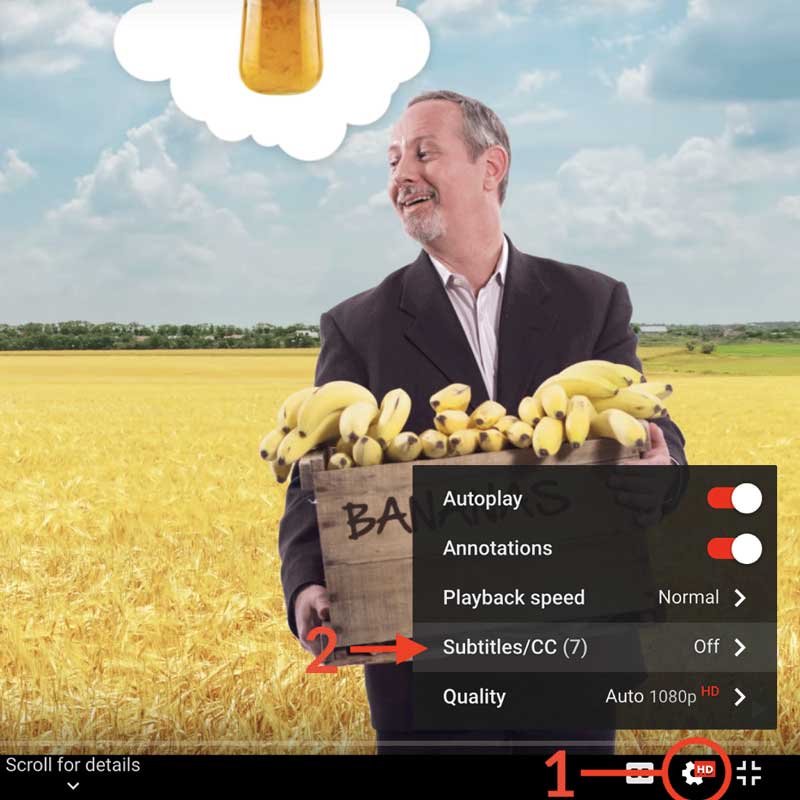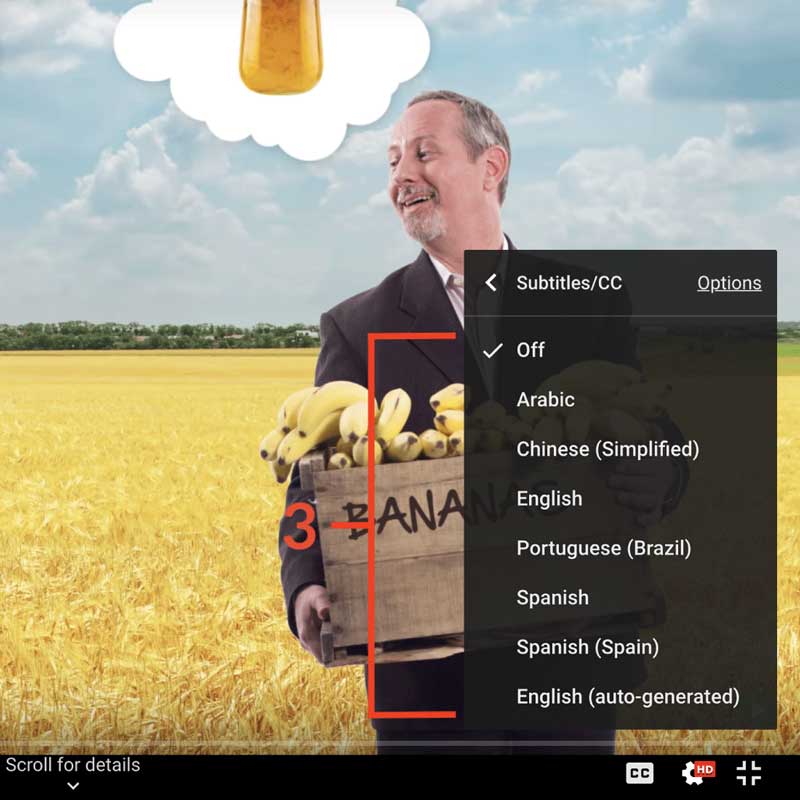Institutions
Course Outline
Institutions
What are good institutions?
When economists use this term, they mean: property rights, honest government, political stability, dependable legal system, and competitive and open markets.
Why are these considered important for an economy? They create the right environment to allocate scarce resources.
Property rights enable owners to protect their investments and an honest government prevents citizens from having to resort to bribes. A dependable legal system allows for disputes to be resolved, contracts to be enforced, and money to be borrowed and lended. Political stability is necessary for investor confidence. And finally, competitive and open markets prevent inefficient and unnecessary regulations – preventing monopolies and allowing for innovation and growth.
All of these institutions are crucial factors for economic growth. In the video, we’ll give you a concrete example of each.
Interested in digging deeper into economic growth? Check out our Macroeconomics section on The Wealth of Nations and Economic Growth.
Teacher Resources
Transcript
What do economists mean when they talk about good institutions? They mean property rights, honest government, political stability, a dependable legal system, and competitive and open markets. This creates the right environment to allocate scarce resources. Let's look at each of these components of institutions in detail. First, property rights.
If you buy a piece of land, for example, and you build a farm, do you have an official deed of ownership? One that will stand up in a court if someone tries to build, say, a corporate headquarters on top of your farm? Property rights allows you to protect your investment. Our farmer also has to think about her government. She might have to bribe government officials to get permits, or worry about the outright seizure of her farm. So honest government is another key institution that allows our farmer to invest. Additionally, in some places the legal system is of such poor quality that it can be difficult to resolve disputes such as collecting on a debt, or even determining the ownership of a piece of property. A dependable legal system lets our farmer enforce contracts and borrow and lend money.
But our farmer still needs more. Sometimes the problem isn't too much government, but too little. Political instability and the threat of anarchy are recurring problems in many countries. Who wants to invest in the future when civil war threatens to wash away all of your plans? Political stability is needed to give investors confidence to invest.
We're almost there now, but our farmer still has to worry about inefficient and unnecessary regulations -- regulations which can create monopolies and impede voluntary cooperation. So competitive and open markets let market signals do their work, and they let the farmer innovate and grow her business. Now, institutions can also include cultural institutions, such as norms around honesty, trust, and cooperation. But we've focused on the key institutions that allow our farmer, and a country, to prosper -- property rights, honest government, political stability, a dependable legal system, and competitive and open markets.
Subtitles
Thanks to our awesome community of subtitle contributors, individual videos in this course might have additional languages. More info below on how to see which languages are available (and how to contribute more!).
How to turn on captions and select a language:
- Click the settings icon (⚙) at the bottom of the video screen.
- Click Subtitles/CC.
- Select a language.


Contribute Translations!
Join the team and help us provide world-class economics education to everyone, everywhere for free! You can also reach out to us at [email protected] for more info.
Submit subtitles
Accessibility
We aim to make our content accessible to users around the world with varying needs and circumstances.
Currently we provide:
- A website built to the W3C Web Accessibility standards
- Subtitles and transcripts for our most popular content
- Video files for download
Are we missing something? Please let us know at [email protected]
Creative Commons

This work is licensed under a Creative Commons Attribution-NoDerivatives 4.0 International License.
The third party material as seen in this video is subject to third party copyright and is used here pursuant
to the fair use doctrine as stipulated in Section 107 of the Copyright Act. We grant no rights and make no
warranties with regard to the third party material depicted in the video and your use of this video may
require additional clearances and licenses. We advise consulting with clearance counsel before relying
on the fair use doctrine.

